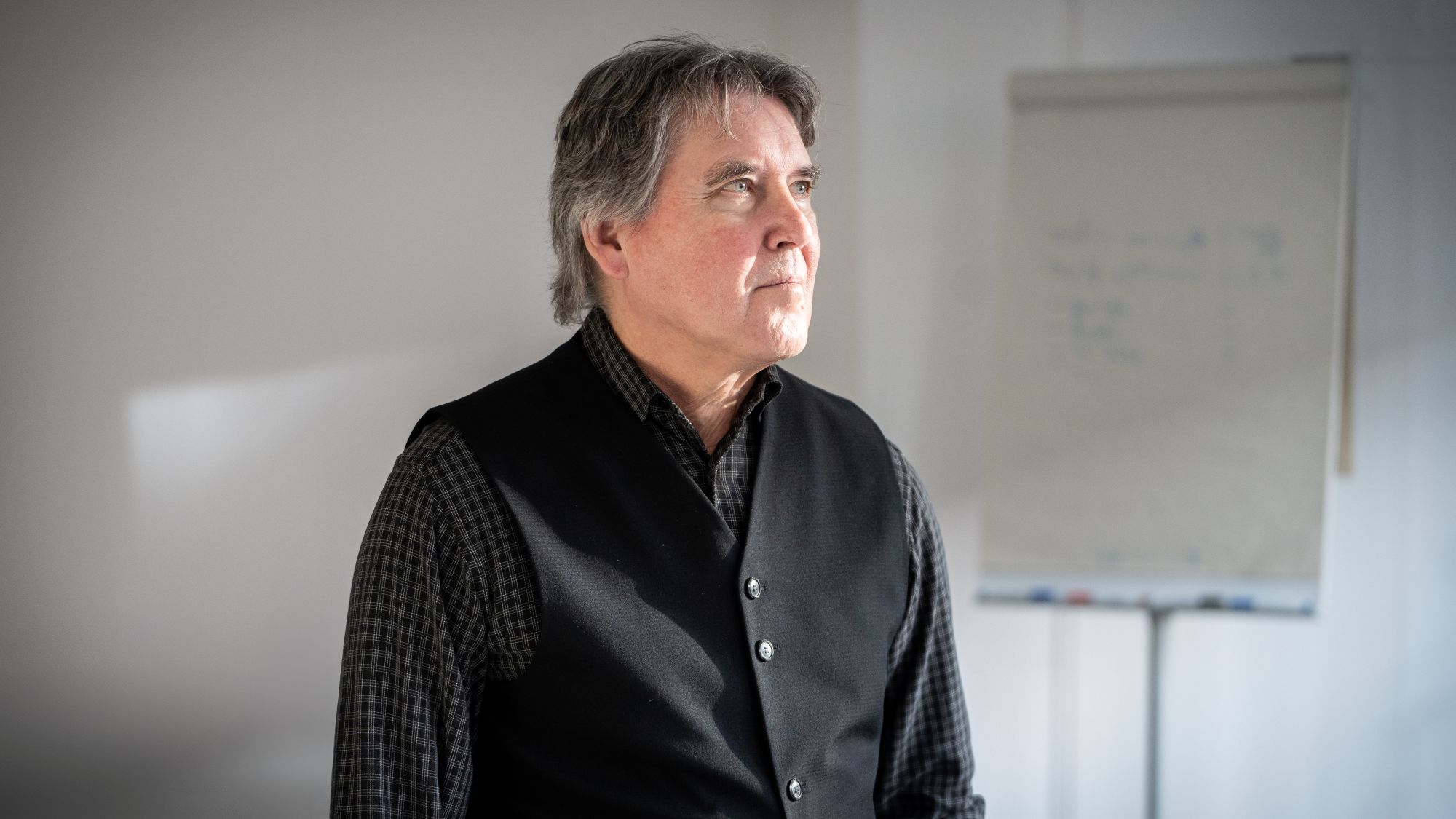
© Annemarie Popp / Universität Bremen
Is Freedom of Speech at Risk at German Universities?
A conversation with Uwe Schimank, co-author of a study on academic freedom of speech funded by the ZEIT Stiftung Brucerius foundation
In debates about canceled lectures or political demonstrations at universities, the term “cancel culture” keeps cropping up. It is associated with the notion that not everything can be said or researched freely, and that research and teaching are supposedly restricted by bans on thought and speech. The ZEIT Stiftung Bucerius investigated whether this is really the case and, in a study, asked more than 9,000 professors, doctoral students, and postdoctoral researchers about their thoughts and experiences on this topic. Uwe Schimank, professor emeritus of Sociology at the University of Bremen, is one of the seven researchers who designed and carried out the study. up2date. met him for an interview.
Mr. Schimank, how did you become involved in this study?
For this study, the ZEIT foundation sought academic experts in the field of academic freedom. Prior to this, I had led a research group on this topic at the Berlin-Brandenburg Academy of Sciences and Humanities for three years, where I was involved in designing the study. This made me a suitable candidate for this position. We quickly agreed on a quantitative questionnaire. Due to time constraints, I did not actually participate in designing the questionnaire, but I remained in close contact with the other researchers working on it. The study was on “academic freedom of speech.” Why exactly did you use that term and not “academic freedom?” Academic freedom has many facets, some of which I already examined in my research. For example, if researchers depend on third-party funding and therefore have to constantly submit new applications, to what extent can they still freely choose the content and methods of their research? Or the restriction on animal testing – we have a prominent case in Bremen discussing this issue. In both cases, the issue is academic freedom, not freedom of speech. I think this shows how complex the concept of academic freedom really is. Above all, however, we wanted to examine restrictions on freedom of speech – what many people associate with cancel culture. Cancel culture is often used as a polemical term because the debates about it are sometimes so heated. That’s why we opted for the more neutral wording “academic freedom of speech.”
Which aspects of academic freedom of speech did the study cover?
The questionnaire consists of three sections. First, we asked academics for a general assessment of the extent to which they believe academic freedom of speech in Germany is at risk. In the second part, we asked them to what extent they personally had experienced restrictions in their own research and teaching, or observed restrictions in their work and personal environment. In the third part, we asked about specific scenarios. For example, if an academic wanted to give a lecture calling for increased support for nuclear research, whether they should be allowed to do so. In October 2024, we were able to present initial assessments of all these questions. This year, we plan to publish analyses that are more detailed.
How do most researchers assess their individual situation?
It is noteworthy that many researchers perceive academic freedom of speech to be at risk in general, but did not substantiate this with any restrictions from their own experience. I think there are two possible explanations for this striking contrast. On the one hand, it is possible that researchers ignore or suppress personal restrictions – or design their research in a way that avoids criticism. On the other hand, it could be that media reporting on cancel culture exaggerates the actual challenges. Presumably, both explanations are valid.
Which findings surprised you most?
The researchers who consider academic freedom to be particularly at risk come mainly from the fields of medicine, agriculture and forestry, and veterinary medicine. This surprised me at first, but when I started to think about it, it made sense. After all, these fields deal with many controversial issues, such as animal testing or stem cell research. Nevertheless, scholars of the humanities are more prominent in public debates about freedom of speech at universities. This may be partly because controversial issues are also discussed in their fields, for example in post-colonial studies. But I think another factor is that these scholars speak out more often and more vociferously in public.
What do you consider limitations of your study?
It is a purely quantitative survey with standardized questions and response options. As a result, we were not able to explore some aspects as well as we would have liked. We had one question about the extent to which researchers had ever been the subject of criticism for their work. After all, criticism is an integral part of any academic debate. However, evaluating at which point this goes beyond acceptable professional criticism is subjective and I think everyone will judge that differently. Unfortunately, we were not able to explore this in more detail, although it would have been very informative. We are aware of this weakness, but it is difficult to compensate for it with the methods used in the study.
Further information
Study “Akademische Redefreiheit”(in German only)